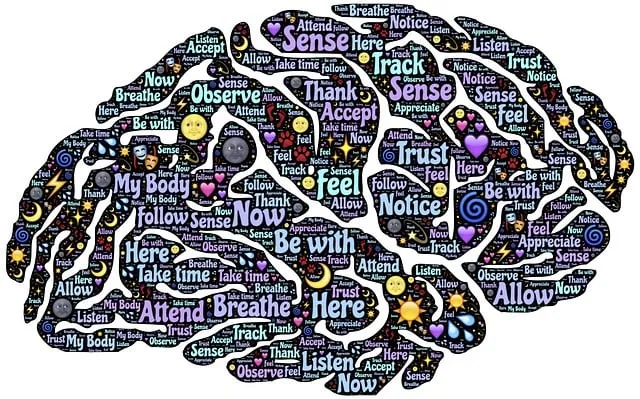Greenwood Village Kaiser Permanente employs a robust and multifaceted strategy for evaluating its mental health services, combining qualitative (interviews, focus groups) and quantitative (surveys, data analysis) methods to gain comprehensive insights. This approach enables them to personalize care, enhance patient outcomes, align programs with community needs, and contribute to the broader understanding of effective treatment methods. Through active feedback incorporation from patients and experts, they continuously improve services, cultivate a culture of excellence, and foster a healthier, more resilient community.
Evaluating mental wellness programs is paramount for improving healthcare outcomes, especially at Greenwood Village Kaiser Permanente. This article explores effective evaluation methods used by the organization to assess its mental health services. We delve into assessment tools tailored for these services and examine qualitative and quantitative techniques side-by-side. Additionally, we highlight the significance of continuous improvement through feedback loops in enhancing mental health care delivery at Greenwood Village Kaiser Permanente.
- Assessment Tools for Mental Health Programs at Greenwood Village Kaiser Permanente
- Qualitative and Quantitative Evaluation Techniques: A Comprehensive Look
- Continuous Improvement: Implementing Feedback Loops for Enhanced Services
Assessment Tools for Mental Health Programs at Greenwood Village Kaiser Permanente

Greenwood Village Kaiser Permanente takes a comprehensive approach to mental health service evaluation, utilizing a range of assessment tools to gauge the effectiveness and impact of their programs. These tools are designed to capture both subjective and objective measures of mental wellness among participants. One such method involves structured interviews where patients’ symptoms, functioning, and overall well-being are assessed using validated questionnaires. This process provides valuable insights into individual experiences and progress over time.
Furthermore, the healthcare provider incorporates self-report measures and mental wellness journaling exercises to encourage reflection and offer guidance on conflict resolution techniques. These assessments collectively help identify areas for improvement in their mental health services, ensuring that programs remain aligned with the evolving needs of the community. By employing such diverse evaluation methods, Greenwood Village Kaiser Permanente strives to enhance patient outcomes and foster a supportive environment for mental wellness.
Qualitative and Quantitative Evaluation Techniques: A Comprehensive Look

Greenwood Village Kaiser Permanente’s mental health services leverage both qualitative and quantitative evaluation techniques to ensure comprehensive patient care. Qualitative methods, such as in-depth interviews and focus groups, provide valuable insights into patients’ lived experiences, offering a nuanced understanding of their emotional well-being promotion techniques and inner strength development. These approaches capture subjective reports, cultural perspectives, and personal interpretations, filling gaps that quantitative measures might miss.
Quantitative evaluations, on the other hand, employ statistical analysis of surveys, outcomes measurements, and demographic data to track progress and identify trends among a larger patient population. This data-driven approach aids in risk management planning for mental health professionals by highlighting successful interventions and areas requiring improvement. By combining these methods, Greenwood Village Kaiser Permanente aims to deliver tailored, evidence-based mental health services that address individual needs while also contributing to the broader understanding of effective treatment strategies.
Continuous Improvement: Implementing Feedback Loops for Enhanced Services

At Greenwood Village Kaiser Permanente, continuous improvement is a cornerstone of their mental health services. This involves actively incorporating feedback from both patients and professionals to enhance care delivery. By implementing robust feedback loops, they ensure that their programs remain effective and relevant to the evolving needs of the community. This iterative process includes regular reviews, client satisfaction surveys, and input from mental health professionals, allowing for swift adjustments and innovations in service provision.
Such an approach not only improves patient outcomes but also fosters a culture of excellence within the organization. It encourages mental wellness coaching programs development while simultaneously aiding in risk management planning for healthcare professionals. By listening to and acting upon feedback, Greenwood Village Kaiser Permanente can sustain a high level of Mental Health Awareness, ultimately contributing to a healthier and more resilient community.
The evaluation of mental wellness programs, as demonstrated by Greenwood Village Kaiser Permanente’s innovative assessment tools and continuous improvement strategies, is a multifaceted process that combines qualitative and quantitative techniques. By adopting these comprehensive methods, healthcare providers like Greenwood Village Kaiser Permanente can optimize their mental health services, ensuring they meet the unique needs of their patients. This approach not only enhances patient outcomes but also fosters a dynamic and responsive environment for effective mental wellness management within the community.






